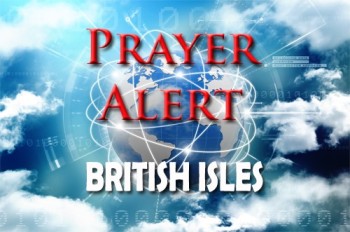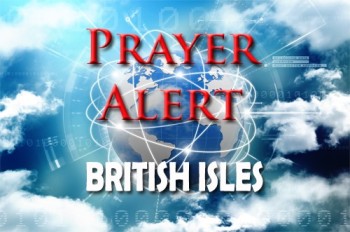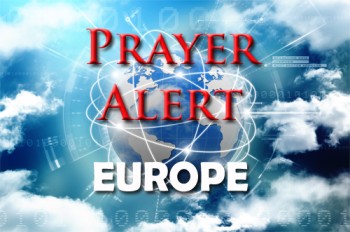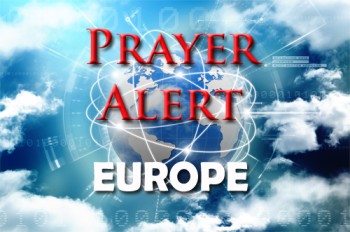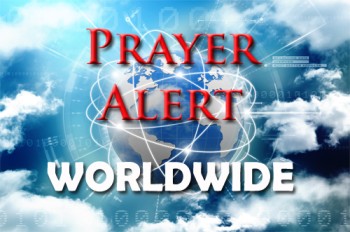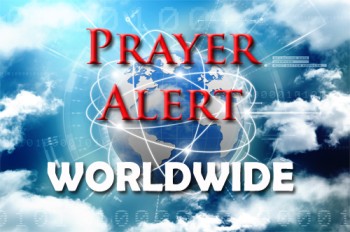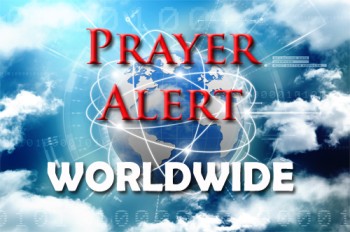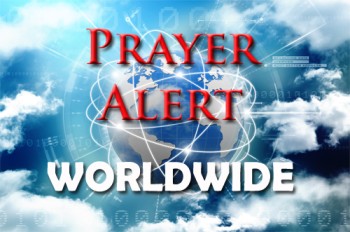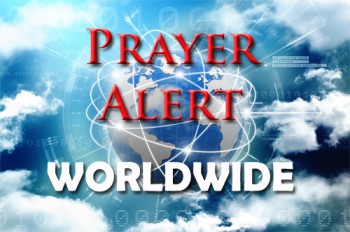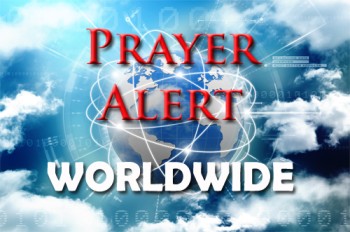Anglicans decry appointment of lesbian Archbishop of Wales
The election of Bishop Cherry Vann, an openly lesbian cleric, as the next Archbishop of Wales has drawn sharp criticism from senior leaders across the global Anglican community. Vann, currently Bishop of Monmouth and a patron of a pro-LGBT group, will be enthroned at Newport Cathedral. She has stated that gay marriage in the Church is 'inevitable’, though she acknowledges theological opposition within the Church in Wales. The Global Anglican Future Conference (GAFCON) called the appointment a 'serious error’; chairman Archbishop Laurent Mbanda has warned that it compromises biblical truth and bows to cultural pressure. Nigerian Primate Henry Ndukuba accused the Church in Wales of sacrificing the authority of Scripture for a postmodern agenda. Justin Badi Arama of South Sudan labelled the move a 'divisive rejection' of historic Anglican teaching. The controversy reignites tensions between progressive and conservative Anglicans worldwide. Former archbishop Justin Welby also faced criticism for appearing to shift from traditional biblical views on sexuality during his tenure.
Kate Forbes stepping down from politics
Scotland’s deputy first minister Kate Forbes has announced she will step down from politics at the 2026 Holyrood elections to prioritise family life. In a letter to first minister John Swinney, Forbes - who has represented Skye, Lochaber and Badenoch since 2016 - expressed deep gratitude for her time in office, but said she didn’t wish to miss more of her daughter’s early years. A committed Christian, Forbes has often drawn attention for her faith-based positions, including her public opposition to abortion and same-sex marriage. These views sparked controversy during her 2023 SNP leadership bid, which she lost to Humza Yousaf. When Yousaf resigned in 2024, she declined to stand again and supported Swinney. Despite political challenges, Forbes has been a vocal advocate for Christian engagement in public life. Speaking to the Evangelical Alliance, she urged believers to step into political service, citing the positive impact of Christian values across Scottish communities.
Ukraine: Trump claims ‘great progress’ in talks with Putin
Donald Trump has described talks on 6 August between his envoy Steve Witkoff and Vladimir Putin as ‘highly productive’, claiming that ‘great progress’ has been made toward ending the Ukraine war. The Kremlin issued a vague statement confirming the exchange of ‘signals’ but did not give further details. The meeting occurred days ahead of Trump’s ceasefire deadline, amid mounting frustration over stalled peace efforts. Volodymyr Zelensky and European leaders were briefed on the talks and reiterated the need to end the war. Despite Trump’s threats of increased sanctions, including raising the tariff on India to 50% for buying Russian oil, Russia has continued its attacks on Ukrainian cities. Three years into the invasion, peace talks have repeatedly failed, and Russia’s preconditions remain unacceptable to Kyiv. Meanwhile, the USA has approved $200 million in military support to Ukraine, with Trump still open to meetings with both Putin and Zelensky. The humanitarian toll of Russian strikes remains devastating and ongoing.
Greece: prime minister blocks full investigation into huge fraud scandal
A major scandal has erupted in Greece, with European prosecutors accusing senior government officials, including ministers and MPs, of orchestrating a large-scale scheme to defraud the EU of agricultural subsidies. It is claimed that individuals illegally claimed payments for non-existent or unusable pastureland, depriving legitimate farmers of support. However, those who have been accused are likely to evade justice because, despite widespread criticism, Prime Minister Kyriakos Mitsotakis is blocking a full-scale investigation, using legal loopholes and his party's parliamentary majority. A 3,000-page dossier has implicated former agriculture ministers and top officials in a coordinated effort to bypass controls, intimidate investigators, and ensure fraudulent payments were processed. Despite internal warnings and blocked payments, whistleblowers were forced out, and payments resumed under political pressure. Even though the extent of damages has not yet been assessed, Brussels has ordered Greece to forfeit nearly €400 in funding, over a fifth of the direct payments it had been due to receive next year. The case offers damning evidence that after three bailouts and a financial crisis that lasted over a decade, Greece still hasn’t cleared out the rot.

